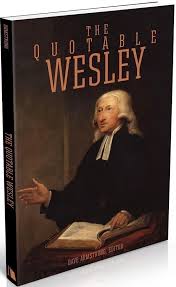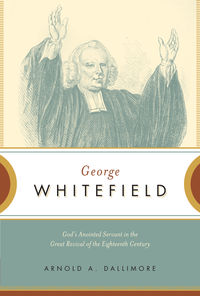Arnold D. Dallimore, George Whitefield: God’s Anointed Servant in the Great Revival of the Eighteenth Century (Wheaton, IL: Crossway, 1990; reprinted, 2010). The 18th Century produced evangelicalism’s greatest theologian (Jonathan Edwards), evangelist (George Whitefield), organizer (John Wesley), and songwriter (Charles Wesley). These four represent evangelicalism at its best: trans-Atlantic cooperation across theological lines, a burning zeal for evangelism, and a concomitant commitment to social reform (especially in John Wesley’s case). But they also evince the deepest theological fault line within evangelicalism, between Calvinists and Arminians, and demonstrate the ongoing tensions between the church and parachurch ministries. Edwards, being dead, still … Continue reading A Commendable Hagiography that Needs to Be Supplemented with Critical Biographies



